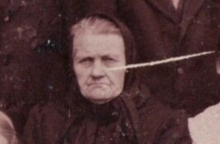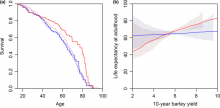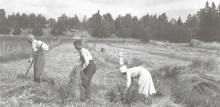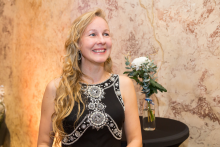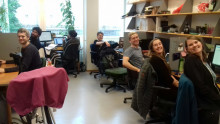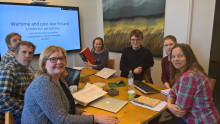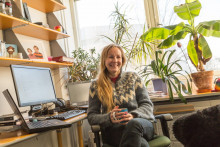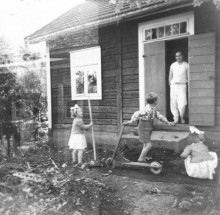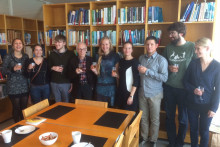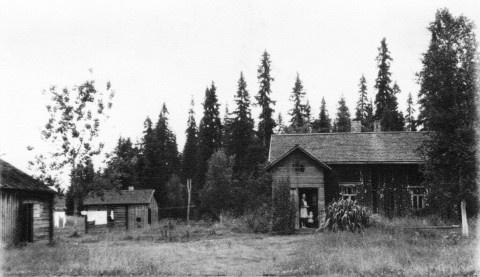
The project is an exciting opportunity to investigate the consequences of forced migration of over 400000 people during World War II from an evolutionary ecology and sociology viewpoint. These migrants encountered much the same traumas and faced similar prejudices and resentment that current migrants face today, making the study of this population particularly appropriate to gain insight into the present and future of current migrants.
The project, headed by Dr. John Loehr, is funded by Kone Foundation for the period 2017-2020.
We are looking for an enthusiastic and motivated new member to our team who will develop new research questions along with contributions and guidance from other team members, independently manage and statistically analyse large and complex datasets, and write scientific publications from the results.
Start date for the position is February 1, 2017 or as agreed. The position is funded for 3 years, and an initial contract of 1 year will be offered with a 3 month trial period. Payment is in the form of a grant (2700€/month, largely tax free income). The work location is flexible and can be done at The University of Turku, Lammi Biological Station (University of Helsinki), Family Federation of Finland (Helsinki) or University of Jyväskylä or a combination of these places. The successful candidate will join the Human Life History Group headed by Finnish Academy Professor Virpi Lummaa; a group internationally renowned for its innovative and cutting edge research on human life history (http://human-life-history.science/).
Ideal candidate descriptors:
- PhD degree in evolutionary ecology, sociology or related field
- Strong statistics background, preferably with experience in Bayesian analysis
- Background in population level analyses of large data sets
- Good publication track record
- Self-motivated and enthusiastic with good teamwork and communication skills
- Ability to lead and supervise research assistants
- A keen interest in human evolutionary ecology
How to apply: Application deadline: 30 December 2016 at 24:00. Submit an e-mail to John Loehr (john.loehr@helsinki.fi) with the subject heading ‘POST-DOC APPLICATION’, with the following documents combined into ONE pdf file:
‐ A cover letter describing your research interests and suitable for the job
‐ A detailed CV including a list of publications as well as other achievements
‐ Two reference letters from people who can be contacted by telephone or e-mail before or after the interview. Prospective candidates will be invited for interviews in person or by Skype in early January 2017. For more information please contact John Loehr +358-504151726 / john.loehr@helsinki.fi.
Our research team is greatly looking forward to your application!
John Loehr, Lammi Biological Station, University of Helsinki, Finland
Mirkka Danielsbacka, University of Turku, Finland
Virpi Lummaa, University of Turku, Finland
Johanna Mappes, University of Jyväskylä, Finland
Jenni Pettay, University of Turku, Finland
Anna Rotkirch, Family Federation of Finland

